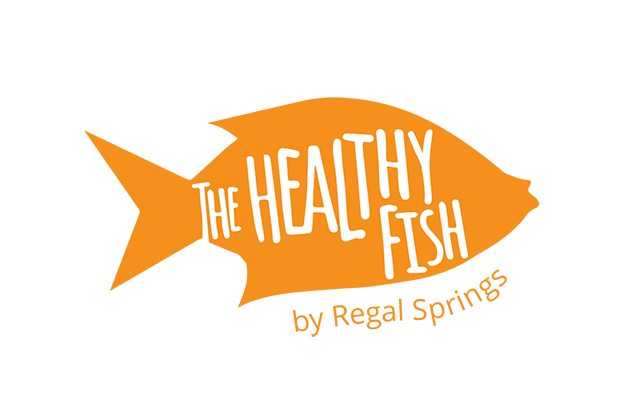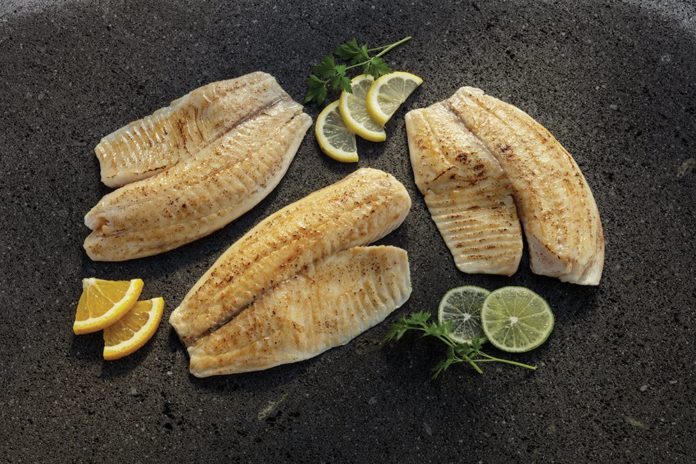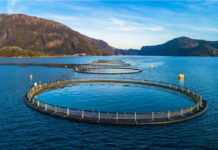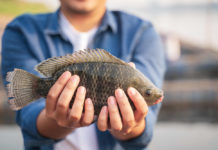In 2012, the first Aquaculture Stewardship Council (ASC) certification was granted to a Regal Springs Tilapia Farm in Indonesia. Since then, the ASC label has quickly become a symbol of innovators promoting environmental and social wellness in the aquaculture community. As of November 2017, over 10,000 fish products are ASC-certified worldwide.
The ASC is a third-party, international Non-Governmental Organization (NGO) that sets standards for environmentally and socially responsible seafood products. In order to encourage responsible seafood production practices, the organization aims to reduce the impacts of aquaculture on the environment.
How Standards Were Set
Originally founded in 2010, the ASC was formed when more than 2,000 aquaculture stakeholders gathered for a series of roundtable meetings to develop the organization and its requirements. The meetings were initiated by the World Wide Fund for Nature (WWF) and the standards were developed by a comprehensive team of conservation groups, aquaculture producers, NGOs, scientists, seafood processors, foodservice companies and retail companies. This team has a vested and well-rounded interest in the aquaculture industry and they set guidelines for 12 different seafood species so that each species receives certification catered to their individual farming techniques. You can learn more about the history of the ASC and how guidelines were initially set here.
ASC certification currently covers these 12 species:
- Abalone
- Four bivalves (mussels, oyster, clams and scallops)
- Freshwater Trout
- Pangasius
- Salmon
- Shrimp
- Tilapia
- Seriola
- Cobia
How Farms are Certified

Becoming ASC-certified isn’t easy. The certification process is conducted by a third-party auditor who operates impartially and adheres to every rule. While the guidelines for each species are different, the same seven principles govern each set of criteria. Once a farm has been certified by ASC standards, that farm can place the ASC label on their packaging to let customers know their product is held to the highest environmental and social standards in the industry.
In order for the auditing process to be credible, guidelines are also in compliance with rules set by the United Nations Food and Agriculture Organization (FAO) and International Social and Environmental Accreditation and Labelling (ISEAL).
Environmental Standards
Farms that adhere to the Aquaculture Stewardship Council adapt to a set of ideals aimed at minimizing pollution, disease outbreak and negative biodiversity effects in the environment surrounding fish farms. Each ASC-certified species has its own fish health management plan, which is typically developed and implemented under veterinary supervision.
Another main environmental focus of the organization is to purify the feed for seafood. Currently, each fish has its own set of standards for feed. Fish farms are required to limit the use of wild fish as a feed ingredient, and all feed ingredients must also be traceable to their source. Standards for feed that are separate from each fish species have been in the works since 2014, and are set to be finalized by the end of 2017.
Social Standards

To obtain the ASC label, farms have to comply with standards set by the International Labour Organization (ILO), which prohibits forced labor or child labor. Farms are committed to providing employees with decent living wages and regulated working hours. The auditing process also allows community members to provide feedback to the ASC and encourages farms to hire from within the local workforce.
Overall, the ASC label is an important seal to look for when you’re at the grocery store. Supporting the production of ASC-certified seafood products can have a direct, positive impact on the environment and in communities with aquaculture operations. Find out if the fish you buy at the grocery store is certified here.
Want to learn more about how farmed fish producers are making the world a better place? Read up on how Regal Springs invigorates communities and how aquaculture is saving the world.
Photo Credits: Regal Springs, kataleewan intarachote / Shutterstock Inc., Quality Stock Arts / Shutterstock Inc.






